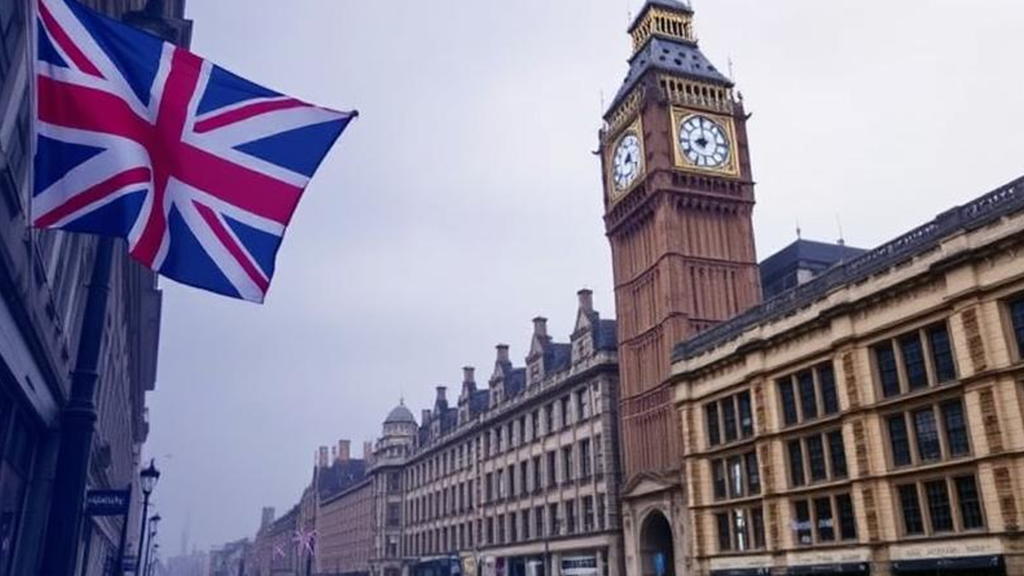

The UK economy continues to face significant challenges post-Brexit, with inflation concerns and trade negotiations remaining key areas of uncertainty. While easing slightly from its peak, inflation remains above the Bank of England’s 2% target, leading to cost-of-living pressures and cautious consumer spending. Despite expectations of a potential interest rate cut, the central bank remains wary of acting too soon, fearing persistent inflationary pressures.
Trade negotiations have also proven complex. The UK has yet to secure a trade deal with the US, a key post-Brexit ambition. Additionally, businesses grapple with the UK-EU Trade and Cooperation Agreement (TCA), which has introduced bureaucratic hurdles and increased costs. Sectors such as manufacturing and agriculture have been particularly affected, with many firms struggling to navigate new rules on exports and labor shortages due to tightened immigration policies.
Beyond EU trade, agreements with economies like India and the CPTPP (Comprehensive and Progressive Agreement for Trans-Pacific Partnership) remain in progress but face political and regulatory obstacles. The UK’s accession to the CPTPP is a long-term opportunity, but immediate benefits are limited, given the geographical distance and differing regulatory standards.
Meanwhile, domestic economic indicators paint a mixed picture. GDP growth remains sluggish, with business investment still lagging. Uncertainty over future trade policies and regulatory alignment has deterred some international investors, while sectors like financial services have had to adapt to losing passporting rights in the EU.
To address these challenges, policymakers should focus on improving trade facilitation, simplifying customs processes, and offering targeted support to industries hit hardest by Brexit-related disruptions. Strengthening ties with emerging markets and investing in domestic production capabilities could mitigate long-term risks.
The post-Brexit landscape remains uncertain, with inflation and trade negotiations shaping the UK’s economic trajectory. While some progress has been made, sustained economic resilience will require strategic policy decisions and enhanced global partnerships.








© THE CEO PUBLICATION 2021 | All rights reserved. Terms and condition | Privacy and Policy